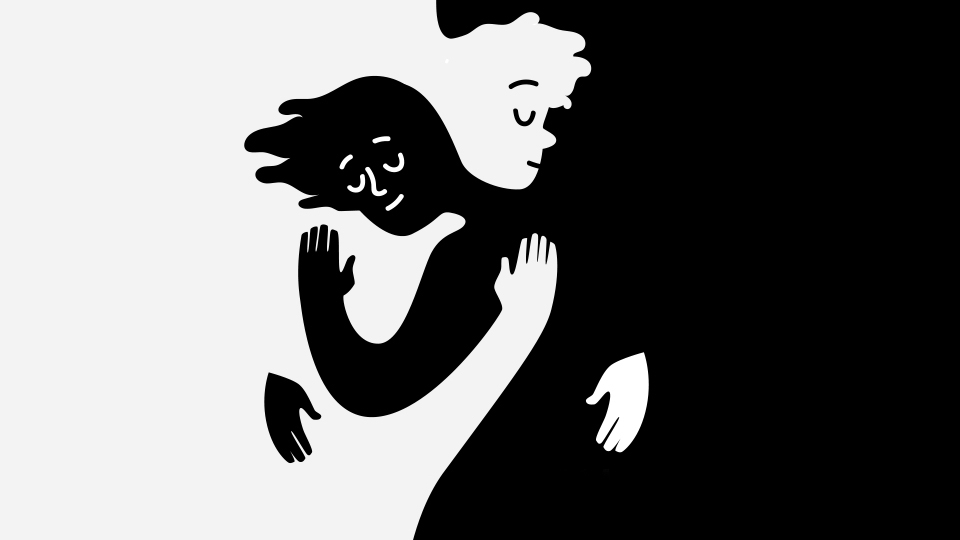One Friday afternoon last year, one of my sons came home from school deeply upset at having overheard a highly offensive racist comment made by a friend “as a joke”. I couldn’t sleep that night, filled with anguish and despair. In my distress, I drafted a poem, which I have decided to share here as Black History Month quietly slips away for another year, and issues of racism fade once again into the background.
***
“The Joke”
9th February 2020
I close my lids
And see deep sadness
In these weary eyes
A sadness I want to, but cannot, flee
A sadness that stops me from breathing with ease
“Slavery is the only good thing that came out of Africa” rips the joke.
The screeching voice of a laughing child reverberates in my head
“Slavery, slavery”
A joke...
A joke??
How can this be?
“Slavery, slavery”
My mind loops frantically
I feel a penetrating wound growing inside of me
A pain that makes me weak
And hits me full on in the gut
I close my lids
A world in free fall I see
Where division is all there is
A labyrinth of tall grey walls
That everyone is putting up
Yet cannot see
My mixed-race child’s eyes are often full of sorrow
Why? Why?
Today I see all his slave ancestors looking at me through his eyes with one and only one plea:
“Defend our sacrosanct history”
“Defend our sacrosanct history”
“Defend our sacrosanct history”
My eyelids collapse
Tears pressing against them
Like soldiers advancing through enemy lines
Knowing that victory is within reach
Adrenaline pumping through their veins
Thoughts of injustice powering their legs
These tears I welcome
for they are my allies
Telling me that
I will defend black people’s sacrosanct history!
You will see...
***
As a white person, I often wonder what levers I have at my disposal to combat racism. Do I have the moral right to campaign? When does campaigning tip over into preaching? Does not campaigning equate to enabling racism to be perpetuated? How can those of us who are white make sure that we are neither bystanders nor white saviours?
In my tri-racial household I have learned that it is incredibly hard to get the balance right between standing on the sidelines and being actively supportive. It is all too common to oscillate between being oblivious to the chronic and often hidden pain the person of colour experiences and putting too much pressure on the person of colour at the receiving end of racism to act, even when they might not be ready to do so. What I have learned in the last decade from loving people of colour is to do my own homework; to have higher expectations of myself and lower expectations of those around me. I have learned not to rely solely on my husband to educate me about how it feels to live as a racial minority, but to also do my own research by reading remarkable books such as “So you want to talk about race” by Ijeoma Oluo and “White Fragility” by Robin DiAngelo. I have also learned that it is as much my responsibility as a white person to fight against racism as it is the responsibility of any person of colour. Just as it is a man’s responsibility to advocate for gender equality as much as it is a woman’s. We will only be able to achieve true and sustained change when those from groups with significant power work together with those from marginalised groups with less power. It is when this happens that fractured parts of society heal to become a whole.






